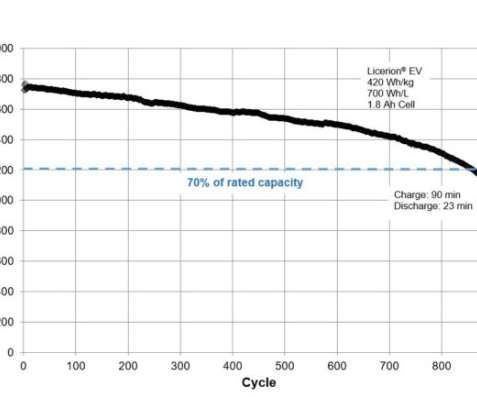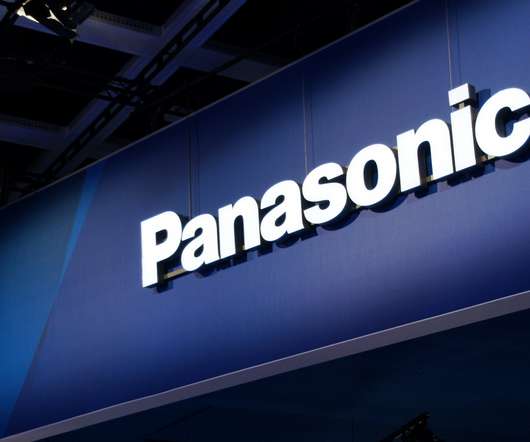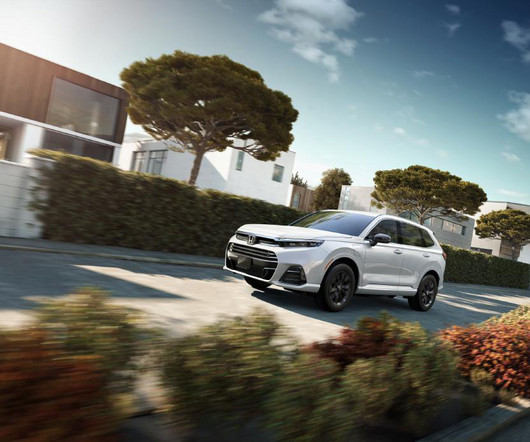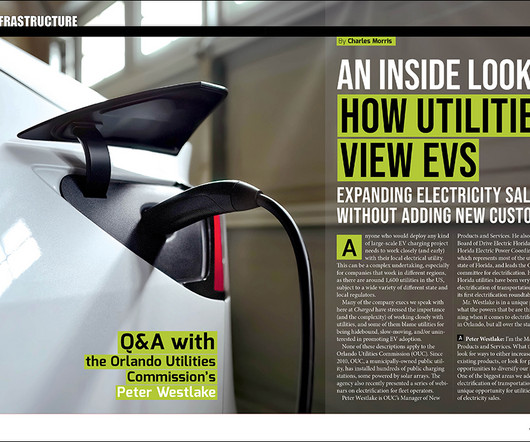Sion Power projects Licerion EV Li-metal batteries will have 420 Wh/kg and 700 Wh/L when scaled to commercial design
Green Car Congress
MARCH 15, 2020
Sion Power, a developer of high-energy, lithium-metal rechargeable batteries, said that its Licerion EV technology will have energy capacities of 420 Wh/kg and 700 Wh/L when scaled to commercial design. Sion Power has the technology to produce a viable alternative to traditional lithium-ion cells for many applications, including EV.

























Let's personalize your content